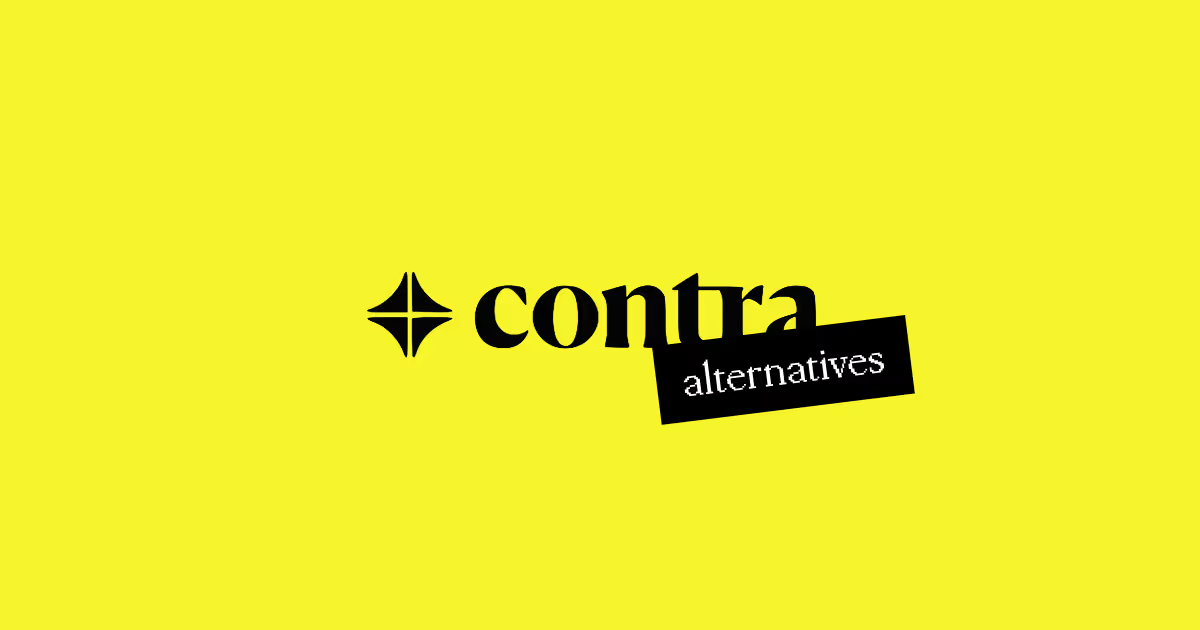As a freelancer, upfront payment must be one of the must-know phrases in your vocabulary. Why? Unlike most financial transactions you’ll see in your everyday life, freelancers often have to deal with complicated payment periods and terms. Issues with freelancer payment options could lead to inconsistent income and financial anxiety, which is one of the biggest reasons why some freelance careers have setbacks in their growth. Similarly, companies have to deal with late payments or dismissive clients all the time. Still, you, as a self-employed talent, don’t have a dedicated team to handle these situations. You must handle these situations by yourself, which is why this part of freelance work can get a bit complicated. However, this shouldn’t scare you from the prospect of freelancing. In this article, we’re going to take a look at why you should ask for payment upfront, how to go about doing it, and different options you can pursue when it comes to getting paid.
What is an upfront payment?
An upfront payment is exactly what it sounds like. It is when a client agrees to pay for the product or service that you provide before you complete it. A great example might be grocery shopping; when you go to the grocery store and purchase goods, you don’t get to take them home before you pay. It’s the same here: your client pays you before you provide what you are expected to.Some upfront payments aren’t complete payments. Often they are partial payments, akin to down payments, or the first installment in a payment plan that you can arrange with your client. While the totality of the payment arrangement might change, the general rule is that they pay you some amount of the total fee before the service is completed.
Why charge an upfront payment?
Upfront payments are one of the best ways to maintain a consistent income as a freelancer. Many freelancers choose to offer discounts or special payment terms to incentivize clients to pay upfront. Potential clients might hesitate to take these options as it means that they will have less time to pay you. So, if you want clients to pay upfront, be ready to negotiate.
What are the benefits of being paid upfront?
The main benefit with upfront payments is getting cash in hand sooner. This will help you immensely, because it gives you better control over your finances and helps you eliminate problem clients.
Reduce the risk of non-payment
Not receiving a payment is a nightmare that many freelancers have to deal with. Some clients might be either late on their payments to freelancers or don’t pay all. This is one of the problems that usually leads to a solo business to fail. Setting up upfront payments helps to eliminate this possibility.
Filter out problem clients
Clients that are especially unfamiliar with freelance businesses usually prefer to delay their payments for as long as possible. That’s why usually, payment terms give clients months to pay for services after you send them the invoice. While most late payments can be reasonably resolved with clients, this isn’t always the case. Be aware that some clients will be unwilling to negotiate with you to meet a mutually beneficial agreement. On a positive note, after these instances you will gain experience and will be able to weed out troublesome clients in the future.
Provide better cash flow
Cash flow is key to running a successful business. It’s essentially the flow of income that your business makes; like revenue or loans, compared to your expenses like your business-related costs. It’s important for you to make sure your cash flow stays above your expenses, and being paid upfront is a good way to accomplish this. Getting paid upfront allows you to cover your expenses right away. It’s especially useful for long-term projects that will require most of your resources and attention.
When to ask for a freelance deposit
A freelance deposit is another form of upfront payment that you can offer as a potential payment option. A freelance deposit is essentially a down payment, and it’s something that you can negotiate with your clients and put in your initial quote. They are a great way to ensure that you get paid at the beginning of your project, so here are a few tips about when to ask for them.
When working with new clients
By asking for a deposit when you are working with a new client, you are ensuring that the client is willing to work with you. It helps you strengthen the terms of your contract/agreement and it emphasizes a level of trust between you and your client. If you find it to be practical and beneficial, you can continue to apply this method for future dealings or remove it if you’ve built a strong relationship with your client. It’s good practice to make sure to negotiate some sort of deposit with new clients.
For longer and larger projects
It’s possible that while working on big projects, you will have to focus on and dedicate all your resources and time to it. You’ll have a lot of work to do, with limited to no chances of squeezing in other work. This is where deposits come in. Having enough money to cover personal expenses, or if needed, invest in the project will help immensely and relieve a lot of unnecessary stress. It’s a great way to make sure that you are never short on cash, even when working on long-term or multi-phased projects.
When there are project-related costs
Sometimes in order to complete a project, you will have to spend out of your own pocket to cover expenses. While some clients may offer to reimburse you for these charges, there are many that won’t. So, if there is a project that will have you dip into your own funds to ensure that it's completed, it’s best to consider asking for a deposit. This method helps you ensure that you have what you need to complete the project without experiencing financial instability. If you and your client have an agreement in place where they’ll cover such expenses, then that’s great. However, it’s wise to suggest a deposit of some sort to protect you against situations where this isn’t the case.
How to ask for payments upfront
There are a number of ways that you can approach this topic with your potential clients. A good way to approach this isn’t to try to “win” the negotiation, but instead look at it as a way to protect both your and your client’s interests. This will lead to the best outcome as it will establish a solid professional relationship and a productive agreement.
Create a professional persona to build trust
When it comes to any sort of negotiation or business deal, having a sterling reputation helps tremendously. Remember, it’s likely that your client is going to do some research on you and what you offer. You should use all the tools at your disposal for marketing, like well-coordinated social media pages, in order to create a professional, trustworthy persona. You want people to perceive you as a professional that is capable of doing the work clients want as they want it, and do it timely. You want potential clients to think you are reliable, intelligent, and responsible. Positive reviews, referrals and testimonials will also help during negotiations.
Use a percentage-based deposit and milestone-based payment system
A good negotiating tool that you can use when discussing your payment arrangements is to create a payment system that is goal oriented. A percentage-based deposit is a great option that gives you and your client a reasonable starting point to negotiate. A common starting point is 25%-50% for a deposit. Milestone-based payment systems are based on reaching certain goals on the project. If you have a long-term project that will have several phases, then having payment goals centered on reaching determined targets would be an excellent idea. It’s good for covering expenses that come up along with the project, as well as making sure that you maintain some form of income while working on the project. You can even set up payment options based on your preferred payment schedule.
Communicate clearly and understand the client’s hesitations
As we’ve mentioned before throughout our discussion, many clients will hesitate to accept these payment terms. This is because most clients want as much time as they can have to accrue the funds they need to pay you for your services. That’s why most freelance payment terms give clients weeks or even months to pay for your services after you’ve sent the invoice. In fact, a lot of online information encourages clients to never accept paying freelance contractors upfront. That’s why it’s important for you to have open and honest discussions when negotiating these payment terms. By keeping these discussions open, you allow your client to voice their concerns but also give you the ability to inform them why you need payments upfront. Having open discussions allows both of you to iron out any uncertainties when it comes to the payment terms.
Ask for testimonials from previous clients
One of the other tools that you have at your disposal is testimonials from your previous clients. Testimonials and referrals are great, because they allow someone else’s voice to speak for you and will help boost your reputation when it comes to attracting potential customers. Asking for a referral can be a bit unnerving, that’s why it’s best to continually ask for feedback from your clients while keeping open lines of communication. Use their referrals and testimonials as a bargaining chip when discussing your potential payment terms. Think of it as another form of good PR that you use to prove the quality of your work.
Get help from Ruul
The last bit of advice that we can give is to consider using Ruul for any of your freelancing needs. You can benefit from Ruul’s template service agreements and contracts as a freelancer, and use Ruul’s smart invoicing system to remind undue payments to your clients with a click of a button.
The importance of upfront payments
While getting clients to agree to pay you upfront can be a hassle, it is something that is worth pursuing. Getting clients to agree to some form of an upfront payment is especially helpful when working on long-term projects. With the right form of communication, you can find flexible arrangements that fit both your and your client's needs.










